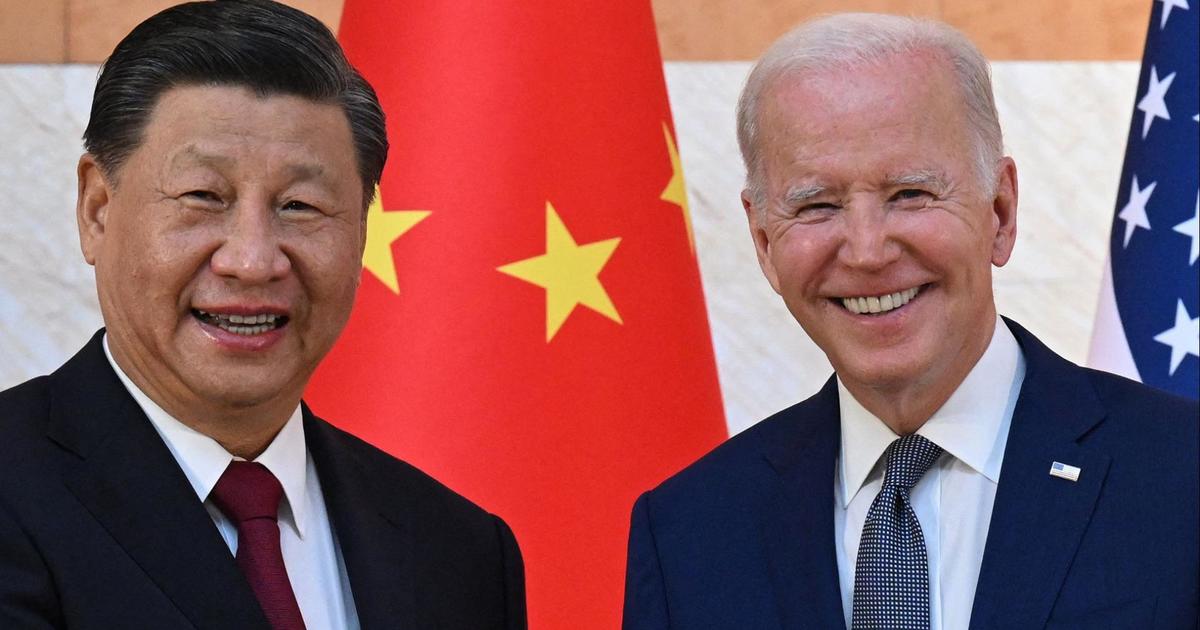American and Chinese authorities have pledged to collaborate in combatting fentanyl trafficking, a show of collaboration despite their difficult diplomatic relations.

U.S. and China Collaborate to Tackle Fentanyl Trafficking (Photo: Google)
Inaugural Meeting of U.S.-China Counternarcotics Working Group Targets Synthetic Opioids
The declaration followed the inaugural meeting of a new U.S.-China counternarcotics working group focused on synthetic opioids, notably Chinese components and pill presses.
The White House’s Deputy Homeland Security Advisor, Jen Daskal, outlined the U.S.’s goals, including expanded information sharing, law enforcement collaboration, and control of Chinese chemicals used to make fentanyl. Daskal praised the meeting’s cooperation and dedication but stressed the need for outcomes.
The November meeting between Chinese President Xi Jinping and U.S. President Joe Biden outside San Francisco led to the partnership. Although they disagreed on trade, technology, Taiwan, and human rights, the presidents agreed to fight the opioid issue in both countries. Daskal said the U.S. delegation’s high-level presence shows the issue’s importance to Americans. The current discourse includes proposals for smaller group meetings to address fentanyl’s many issues.
READ ALSO: Nokia Cuts Ties: Exit From Telecom Venture With Huawei Signals Escalating US-China Tensions
China’s Response and Collaborative Steps in Addressing the Fentanyl Trafficking Crisis
Chinese Public Security Minister Wang Xiaohong praised the in-depth and pragmatic negotiations and the working group’s work plan agreement. The large number of US fentanyl-related deaths and the global influence of drug cartels on violence, corruption, and instability underscored the gravity of the situation.
A 2019 crackdown reduced fentanyl seizures from China, a major supply. The U.S. wants further safeguards to stop Mexico from exporting fentanyl-processed compounds. In November 2023, a U.S. Senate delegation visited Beijing and raised the fentanyl problem, mending ties. The Biden-Xi summit showed progress, with China sympathizing with drug sufferers.
China wouldn’t cooperate unless the U.S. eased restrictions on the Public Security Ministry’s Institute of Forensic Science. The U.S. lifted the sanctions because China’s help against fentanyl trafficking was crucial.
The tale shows the complex diplomatic dance between the two world powers, underlining their common duty to address the fentanyl issue despite their disagreements. The collaboration is a step forward in solving one of the worst drug crises in U.S. history and decreasing the global effect of synthetic opioids.
READ ALSO: Lai’s Success Hinges On US-China Dynamics, Says Expert

















































